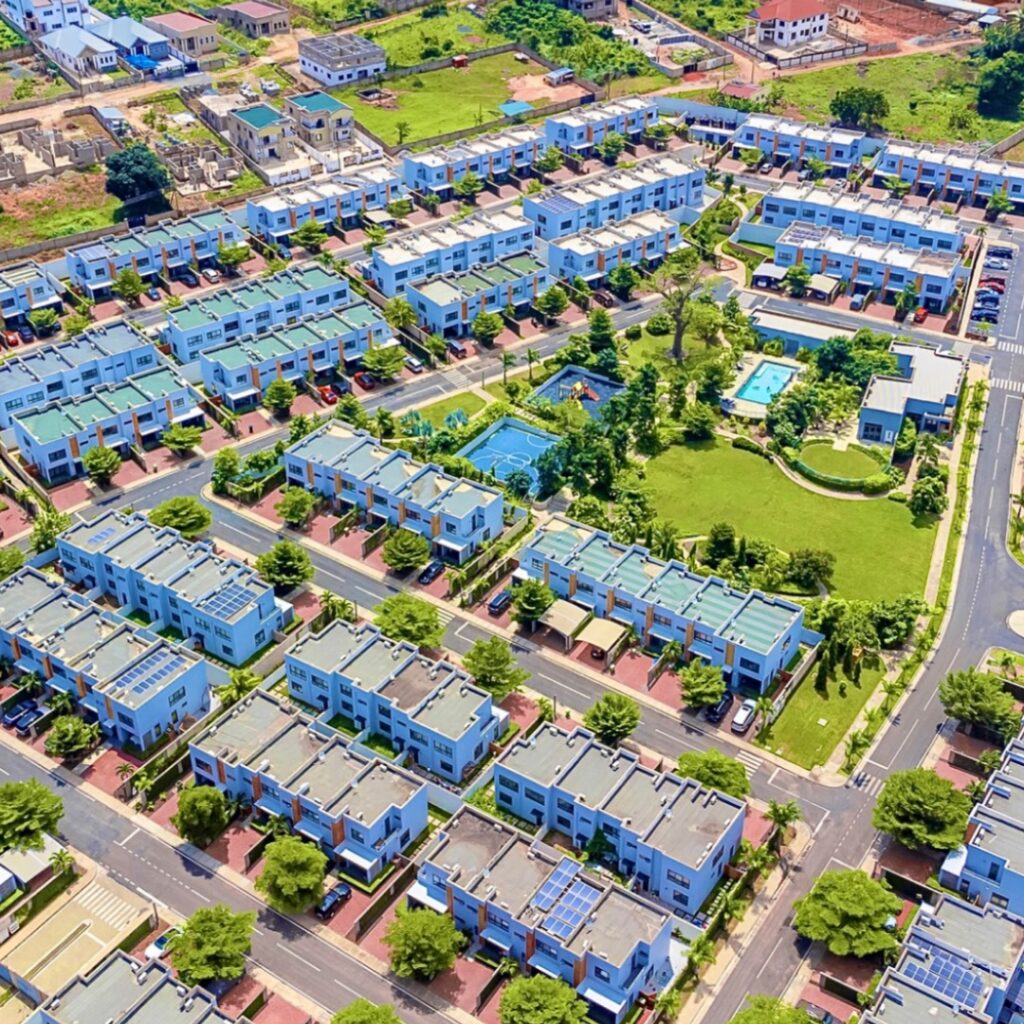Buying property can be one of the most significant investments you’ll make in your lifetime, and if you’re considering purchasing a property in Ghana, you’re on the right track. Ghana’s real estate market is flourishing, with opportunities for both locals and expats to find their dream homes or profitable investments. Here’s a comprehensive guide to help you navigate the process.
1. Determine Your Budget
Before diving into the property market, it’s crucial to establish your budget. Take into account your savings, potential mortgage options, and other financial resources. Your budget will help narrow down your options and make the process more manageable.
2. Research the Market
Ghana’s property market is diverse, with different regions offering unique advantages. Research areas like Accra, Kumasi, Takoradi, and beyond to understand their market trends, property prices, and neighborhood amenities. This will help you make an informed decision on where to invest.
3. Engage a Reputable Real Estate Agent
Finding a trustworthy real estate agent is essential. They will guide you through the process, help identify properties that meet your criteria, and assist in negotiations. Look for agents with good reviews and a solid reputation in the market.
4. View Properties
Once you’ve identified potential properties, schedule viewings. Take your time to inspect each property thoroughly. Consider factors such as location, condition, size, and future potential. Don’t rush; this is a significant investment.
5. Verify Ownership and Conduct Due Diligence
Before making an offer, it’s crucial to verify the ownership of the property. Request the title deed and have it cross-checked at the Lands Commission to ensure there are no disputes or encumbrances. Conducting due diligence is key to avoiding legal complications down the line.
6. Make an Offer
Once you’ve found the perfect property and are satisfied with its legal status, it’s time to make an offer. Your real estate agent will help you negotiate a fair price based on market trends and the property’s condition. Be prepared for some back-and-forth negotiations.
7. Hire a Lawyer
Engage a qualified lawyer to assist with the legal aspects of the purchase. They will draft and review contracts, ensure all necessary documents are in order, and protect your interests throughout the transaction.
8. Secure Financing
If you’re not paying in full upfront, you’ll need to secure financing. Explore mortgage options from banks and financial institutions in Ghana. Ensure you understand the terms, interest rates, and repayment plans. Your lawyer and real estate agent can provide guidance here as well.
9. Sign the Sales Agreement
Once the terms are agreed upon, and financing is in place, you’ll sign the sales agreement. This legally binding document outlines the terms and conditions of the sale. Make sure you understand all aspects before signing.
10. Complete the Transfer and Pay Taxes
After signing the agreement, you’ll need to complete the transfer of ownership. This involves registering the property with the Lands Commission and paying the necessary stamp duty and registration fees. Your lawyer will facilitate this process.
11. Take Possession
Once all legal and financial processes are complete, you can take possession of your new property. Celebrate this milestone and start making the house your home or developing it for investment.
Conclusion
Buying property in Ghana is a rewarding endeavor, but it requires careful planning, due diligence, and professional assistance. By following these steps, you’ll be well-equipped to navigate the process and secure a property that meets your needs and aspirations.
Happy house hunting!







